Health
Hepatitis B: Causes, Symptoms, and Treatment

Introduction
Have you ever heard of Hepatitis B and wondered how it affects the liver? Think of your liver as the “filter” of your body—cleaning toxins and processing nutrients. Now, imagine that filter being damaged by a persistent viral attack. That’s what happens with Hepatitis B.
This infection, caused by the Hepatitis B virus (HBV), can lead to serious liver diseases like cirrhosis, liver failure, and even liver cancer if left untreated. The good news? With proper awareness, vaccination, and timely medical intervention, Hepatitis B can be managed effectively.
Let’s dive deep into what causes Hepatitis B, how it shows up in your body, and the treatment options available — including when you might need to see a liver transplant surgeon in India
Learn about Hepatitis B causes, symptoms, and treatment. Find out when to consult a liver transplant surgeon in India for advanced care.
1. What Is Hepatitis B?
Hepatitis B is a viral infection that specifically targets the liver, causing inflammation and damage. The virus is transmitted through contact with infected blood or body fluids. Some people recover completely, while others develop chronic infection, which can silently damage the liver over time.
2. How Does Hepatitis B Affect the Liver?
Your liver acts like a powerhouse-- processing everything you eat, drink, and even the medicines you take. When the Hepatitis B virus attacks liver cells, it triggers the body's immune response. This immune fight causes inflammation, which, if prolonged, leads to scarring (fibrosis) and cirrhosis.
Over time, this damage can compromise liver function and increase the risk of liver cancer (hepatocellular carcinoma).
3. Causes of Hepatitis B.
Hepatitis B is caused by the Hepatitis B virus (HBV)-- a DNA virus from the Hepadnaviridae family. Once inside the body, it infects liver cells and replicates. The infection can occur in several ways:.
From mother to baby during childbirth.
Through unprotected sexual contact with an infected person.
Sharing needles or syringes.
Using unsterilized medical or tattoo equipment.
Blood transfusions (rare now due to screening).
4. How Hepatitis B Spreads.
You can not get Hepatitis B from casual contact like hugging, shaking hands, or sharing food. It spreads only through contact with infected body fluids.
Common transmission routes include:.
Sexual transmission-- Through semen or vaginal fluids.
Perinatal transmission-- From infected mother to newborn.
Parenteral exposure-- Through blood, needles, or medical tools.
5. Risk Factors for Hepatitis B Infection.
Some people are at a higher risk of contracting the virus. These include:.
Healthcare workers exposed to blood.
People with multiple sexual partners.
Infants born to infected mothers.
Injection drug users.
Individuals undergoing dialysis.
Those living with someone who has chronic Hepatitis B.
6. Symptoms of Hepatitis B.
Interestingly, many people with Hepatitis B don't experience symptoms at first. But when they do appear, they might include:.
Fatigue and weakness.
Loss of appetite.
Fever and joint pain.
Dark urine and pale stools.
Abdominal discomfort (especially in the right upper side).
Yellowing of skin and eyes (jaundice).
In chronic cases, symptoms might develop slowly as the liver sustains long-term damage.
7. Acute vs. Chronic Hepatitis B.
Let's break it down:.
Acute Hepatitis B: Short-term infection lasting less than six months. The body's immune system often clears it naturally.
Chronic Hepatitis B: Long-term infection lasting more than six months. It can lead to cirrhosis, liver failure, or cancer if not treated.
Infants infected at birth have up to a 90% chance of developing chronic Hepatitis B, while adults have less than 5%.
8. Complications of Hepatitis B
If Hepatitis B becomes chronic, it can lead to:
Liver Cirrhosis: Permanent scarring of the liver.
Liver Failure: When the liver stops working properly.
Liver Cancer: Chronic inflammation increases the risk.
Kidney problems and blood vessel inflammation.
In such severe stages, consulting a liver transplant surgeon in India becomes critical to explore transplant options for survival and recovery.
9. Diagnosis: How Is Hepatitis B Detected?
Doctors diagnose Hepatitis B using blood tests that detect viral proteins and antibodies.
Key tests include:.
HBsAg (Hepatitis B surface antigen): Confirms infection.
Anti-HBs (surface antibody): Indicates recovery or immunity.
HBV DNA test: Measures viral load.
Liver function tests (ALT, AST, bilirubin): Assess liver damage.
In chronic cases, ultrasound and liver biopsy may be performed to evaluate liver scarring and disease progression.
10. Treatment Options for Hepatitis B.
Treatment depends on whether the infection is acute or chronic.
For Acute Hepatitis B:.
Most people don't need antiviral treatment. Rest, hydration, and proper nutrition help the liver recover naturally.
For Chronic Hepatitis B:.
Medications are used to suppress the virus and prevent liver damage.
Common treatments include:.
Antiviral drugs: Tenofovir, Entecavir.
Interferon injections: To boost immune response.
Regular monitoring: For viral load and liver function.
In advanced cases, where cirrhosis or liver failure develops, liver transplantation might be the only life-saving option.
11. Lifestyle Tips for Managing Hepatitis B.
Living with Hepatitis B requires ongoing care. Here's how to protect your liver:.
Avoid alcohol and unnecessary medications.
Eat a balanced diet with fruits, vegetables, and lean proteins.
Stay active but rest when tired.
Avoid sharing razors or toothbrushes.
Get regular check-ups and liver tests.
Remember, small lifestyle choices can make a big difference in keeping your liver healthy.
12. Prevention: How to Protect Yourself.
Prevention is always better than cure!
The Hepatitis B vaccine is safe and highly effective. It provides lifelong protection for most people.
Other prevention methods:.
Always use sterile medical equipment.
Practice safe sex.
Avoid sharing personal items.
Screen all blood donations.
Pregnant women should be tested for Hepatitis B to prevent transmission to newborns.
13. When to See a Liver Transplant Surgeon in India.
If you have chronic Hepatitis B with signs of liver failure, cirrhosis, or cancer, it's time to consult a liver transplant surgeon in India.
These specialists can evaluate if you are a candidate for liver transplantation, which replaces the damaged liver with a healthy one from a donor.
India is home to some of the best liver transplant programs, offering world-class care at a fraction of the cost compared to Western countries. Early consultation ensures better outcomes and a longer, healthier life.
14. Living with Hepatitis B: Hope and Support.
A Hepatitis B diagnosis is not the end-- it's the beginning of a more informed lifestyle. With the right treatment, support, and regular follow-up, people can live long, fulfilling lives.
Support groups, counseling, and liver health awareness programs can also make the journey easier. Remember, knowledge and timely action save lives.
15. Conclusion.
Hepatitis B may sound intimidating, but with awareness, vaccination, and proper medical guidance, it's a manageable condition. Early diagnosis and consistent follow-up can prevent serious complications.
And if your liver health declines, don't lose hope-- expert liver transplant surgeons in India offer advanced solutions that restore life and vitality. Take care of your liver-- it's one organ you simply can't live without.
16. FAQs on Hepatitis B.
1. Can Hepatitis B be cured completely?
Currently, there's no complete cure for chronic Hepatitis B, but antiviral medications can effectively control the virus and prevent complications.
2. Is Hepatitis B contagious through food or water?
No, Hepatitis B does not spread through food, water, or casual contact. It spreads only through infected blood or body fluids.
3. Can vaccination prevent Hepatitis B infection?
Yes! The Hepatitis B vaccine is 95% effective and provides long-term protection against the virus.
4. When should I see a liver transplant surgeon in India?
If you have chronic Hepatitis B with severe liver damage, cirrhosis, or liver cancer, you should consult a liver transplant surgeon in India for evaluation and treatment.
5. Can lifestyle changes help in Hepatitis B management?
Absolutely. Avoiding alcohol, eating healthy, exercising regularly, and getting regular liver check-ups can significantly improve your health and slow disease progression.
Source:
Click for the: Full Story
You might like



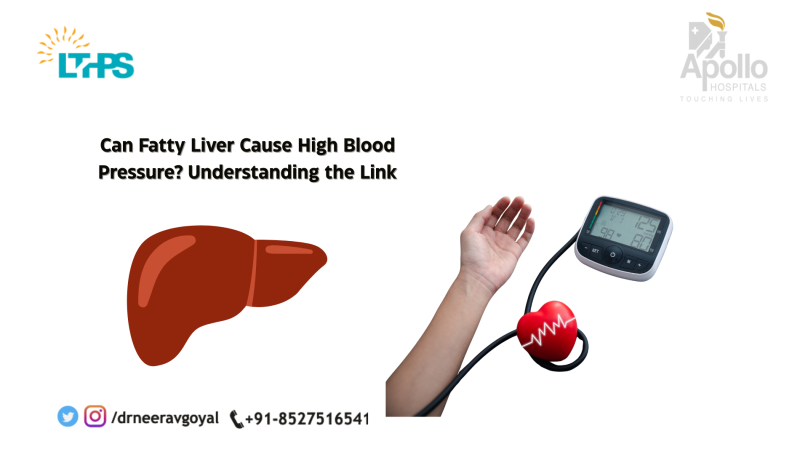

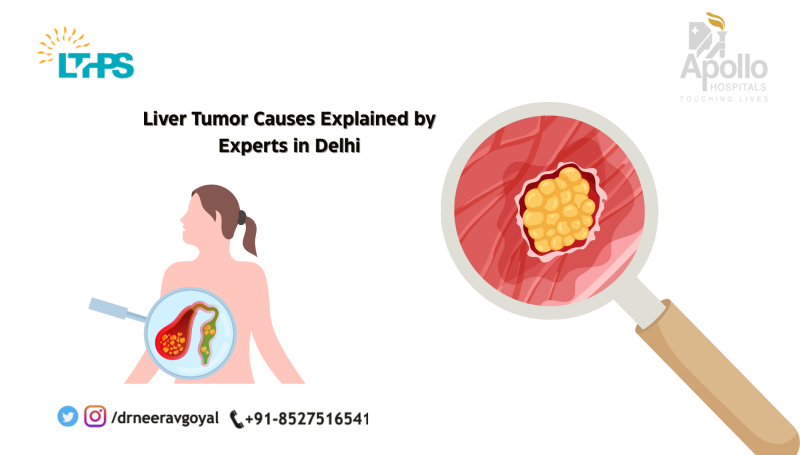
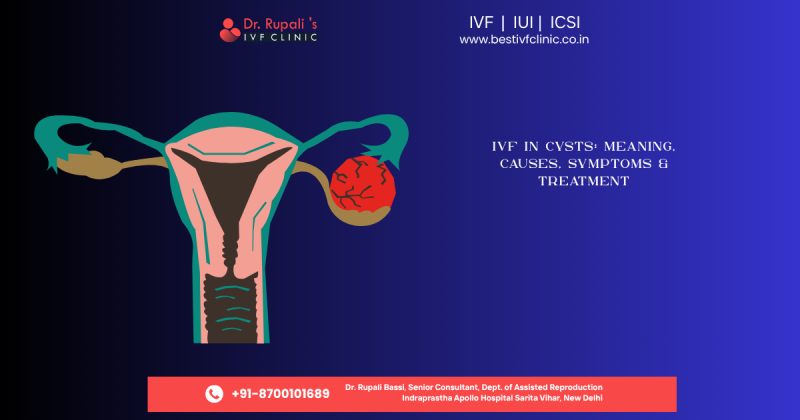
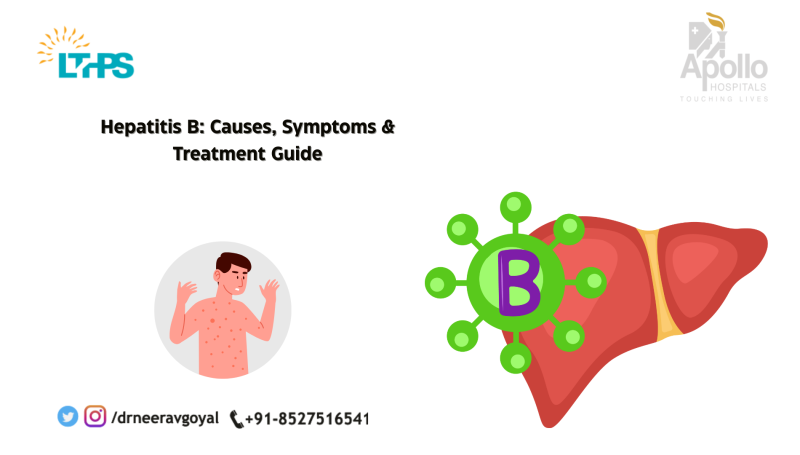

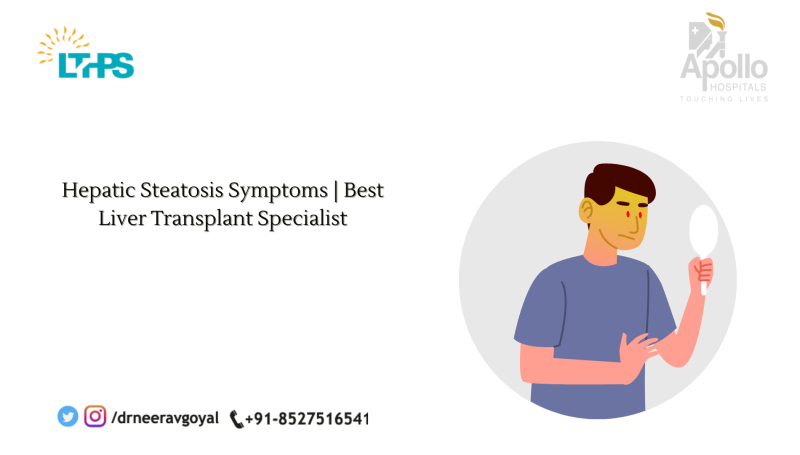



 Close Menu
Close Menu